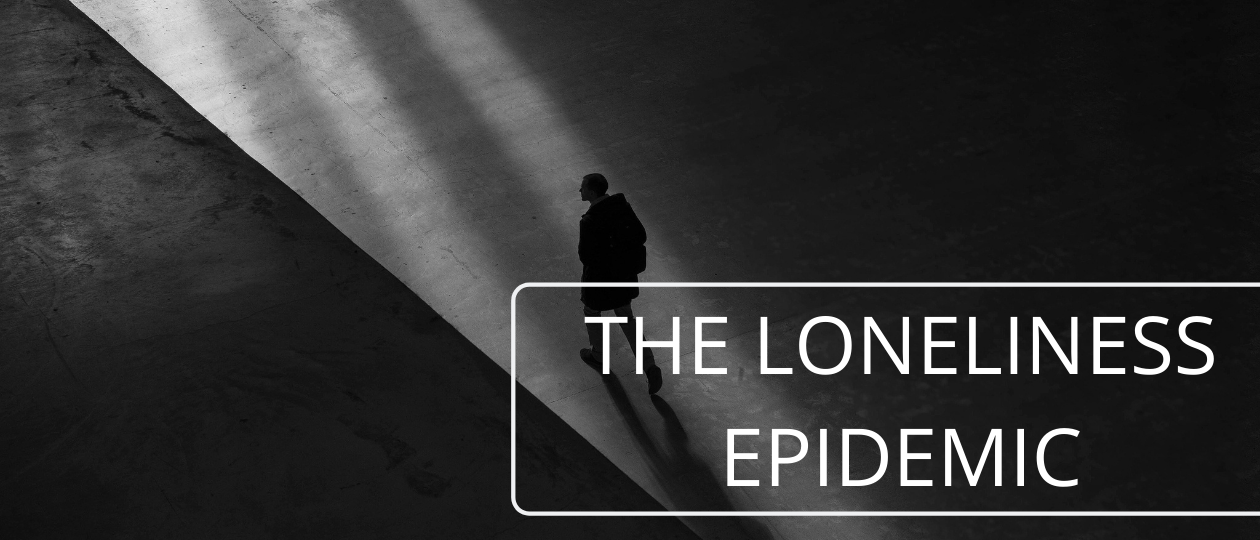The Loneliness Epidemic
We all know the pain of loneliness. There’s a good reason that rejection is one of the most common fears in the world, and why solitary confinement is widely considered one of its most inhumane punishments. I’ve seen studies indicate that loneliness has a significant impact on about 1 in 5 people, but that was before certain recent events—and well, there’s a reason I used the word “epidemic” in today’s title.
Almost any kind of misfortune can cause a person to feel lonely—anything from a death in the family or a broken relationship to an upheaval in your life’s routine or, yes, a mandated quarantine. But we tend not to realize how serious its consequences can be. One study that tested adults 60 years and older for overall health found that about 25 percent of the healthy ones had an issue with loneliness. But among those with poor health, the percentage was twice as high at 50 percent. In fact, the studies seem to indicate that persistent loneliness is a reliable predictor of functional decline and even death.
In fact, the effect on a person’s health is roughly equal to smoking a pack a day for 25 years. Or put it another way, a few years ago USA Today ran a research study on their front page, which in itself is unusual. It found that people with conflicted, stressful, or strained relationships are 300 percent more likely to develop a serious health issue and die by middle age.
Now, I’ve been in this business for thirty years, and I’ve seen lots of these headlines. When you’re talking about this kind of life or death difference, 20 percent is significant. 50 percent is global, headline news. In my whole career, I’ve never seen anything else even approaching 300 percent. So what exactly makes this such a significant issue?
Let’s talk about the hypothalamus. This is basically the part of our brain responsible for deciding whether you are in a state of physiological stress, love, or something neutral. The CDC recognizes stress as the cause of 95 percent of illness and disease, and while I could—and have—talked for a long time about the exact mechanics of that stress, I think the biggest determiner is our relationships. Notice I said that the hypothalamus determines between stress or love. That, I believe, is the choice we’re left with. Stress or love. Loneliness or relationships.
Given the state of the world today, that choice has become much more of a practical concern, but I feel I have to mention the wonderful book, How God Changes Your Brain, by Andrew Newberg, M.D. and Mark Robert Waldman. These two men did not set out to write a book about the virtues of religion, but to examine the physiological effects of all sorts of things on the brain, in the hopes of finding ways to help keep it healthy. What they found was that prayer is far and away the healthiest thing for your brain, with exercise a distant second.
Personally, I think this is because prayer is a relationship. At least physiologically, it certainly seems to have that effect. This week, I’d advise you to be deliberate, not just about spending time with other people but putting some real thought into the important people in your life.
It’s good for you.
Have a blessed, wonderful day!
Alex Loyd




Add a Comment